Fox’s big gamble: The 2000 X-Men movie
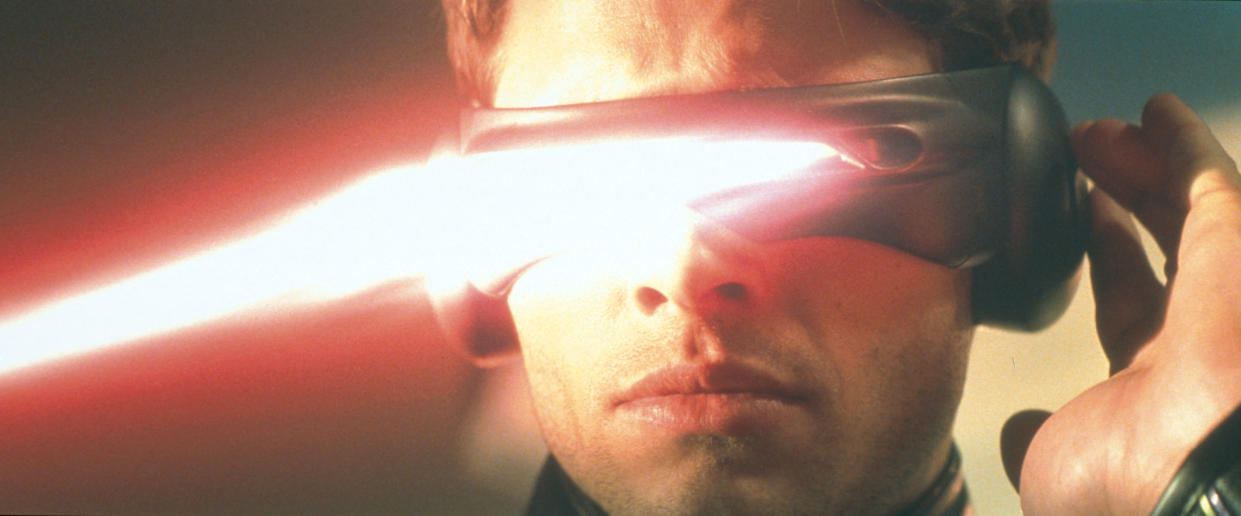
Whilst it was Superman: The Movie in the 1970s and Tim Burton’s Batman at the end of the 1980s that sowed the seeds for the modern comic book movie boom, arguably the film that really did transform things was 2000’s X-Men.
This was in an era when Marvel didn’t control the rights to its own properties, when Batman films had stagnated (1997’s Batman & Robin took care of that), and movie studios had all but given up the ghost on launching superheroes onto the screen, following disappointing box office returns for the likes of The Shadow, The Phantom and Barb Wire in the years before.
The idea of an X-Men movie actually first started bubbling around in 1984, but finding a company able to pay for it was a key challenge. Orion Pictures picked up an option, but hit financial woes. Then Terminator 2-backer Carolco was interested, but its bankruptcy in the mid-90s put pay to that. Note that these were independent companies, and not major studios.
Read more: Michael Jackson wanted to play Professor X
Yet eventually, in a low-cost deal (that would include future rights to use X-Men characters), 20th Century Fox decided to try its luck, after enjoying success with an animated children’s TV series based on the characters.
A crowded market
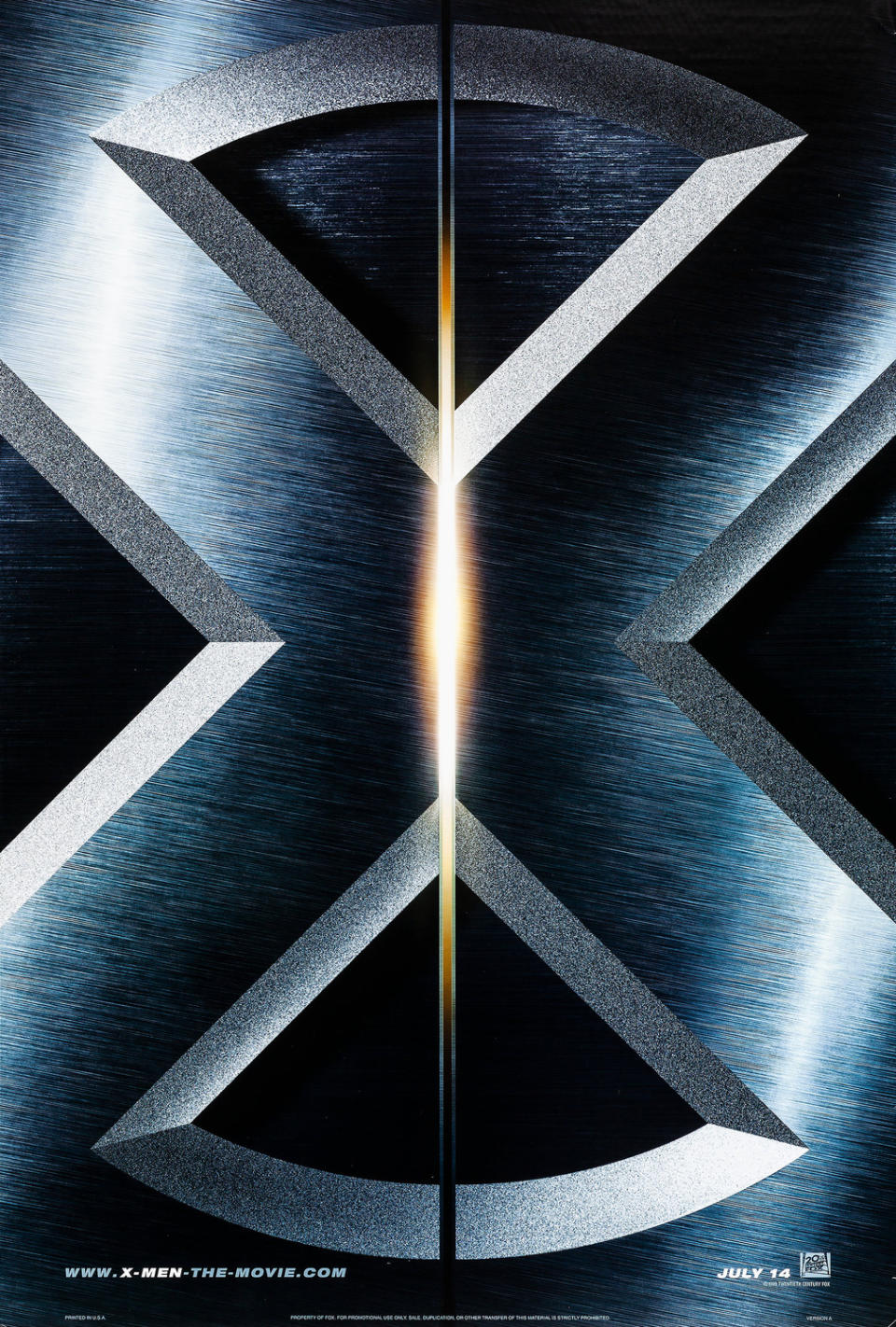
Hindsight would suggest that it was a sure thing for an X-Men film to hit big, but Fox was understandably wary. This was the end of a decade where movie stars had been the go-to studio strategy for getting audiences into cinemas. The competition around in 2000 suggests the same, and the summer season was set to feature George Clooney in The Perfect Storm, Tom Cruise in Mission: Impossible II, Harrison Ford in What Lies Beneath and Mel Gibson in The Patriot. Even Fox itself was paying big bucks to Jim Carrey (Me, Myself & Irene), Martin Lawrence (Big Momma’s House) and no shortage of star voice talent for its big animation hope (Titan A.E.). It was a marked difference from the star-light summer when 2019’s X-Men: Dark Phoenix rolled around.
Going into the summer of 2000 though, the one expensive bet the studio had that didn’t have a movie star attached was X-Men. The original choice for effectively the lead role of Wolverine, Russell Crowe, had turned the film down (citing similarities to the character he’d just played in Gladiator, just with more claws). Even Dougray Scott, who was next in line, had to pass on the film when Mission: Impossible II filming overran. Instead, Fox was left trying to sell the film off the back of an ensemble of not-too-well known performers. That’s not to say that the likes of Patrick Stewart, Halle Berry and Ian McKellen were without profile, they just weren’t the kind of names studios turned to in order to all-but-guarantee a huge opening weekend.
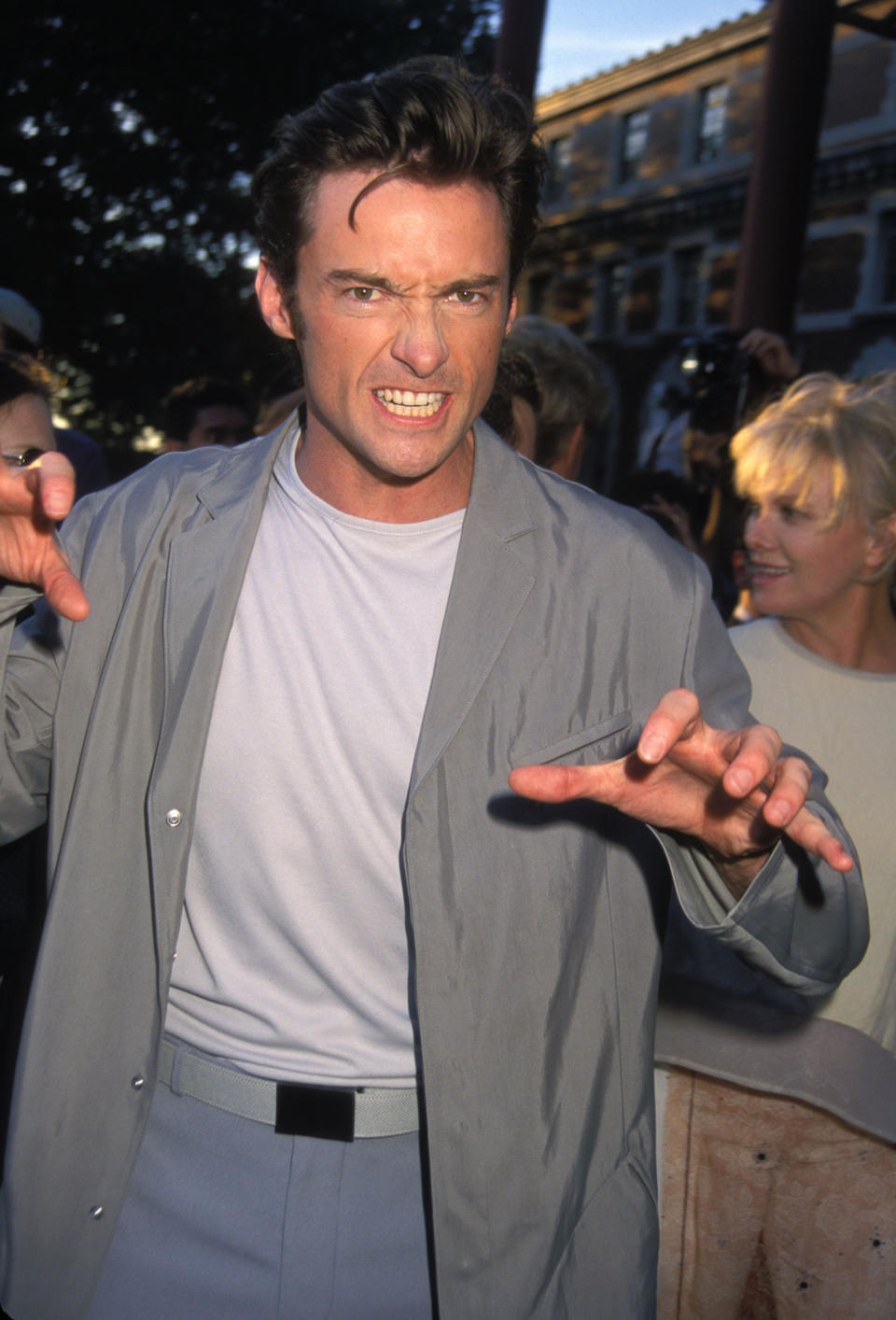
That’s not to say either that such star names weren’t considered, but the tightness of the budget – more on that shortly – mitigated against some of those choices. Amongst the names reportedly considered at various stages of the film’s development were Janet Jackson, Angela Bassett, Jean-Claude Van Damme, Mel Gibson, Drew Barrymore and Keanu Reeves. Some turned the film down. Natalie Portman said no, Jim Caviezel opted to make Frequency instead and Helen Hunt declined a role too. In the end, it was an unknown by the name of Hugh Jackman who would beat the odds and land the role of Wolverine. Not a bad bit of casting, that.
Read more: The cast of X-Men then and now
It’s worth noting too that directors weren’t clamouring for the job. Brett Ratner, Robert Rodriguez and Paul W S Anderson all turned down the chance to shoot the film, and when Bryan Singer was ultimately appointed (after rejecting the project a few times first), his immediate priority was still to got and make the movie Apt Pupil first.
Money
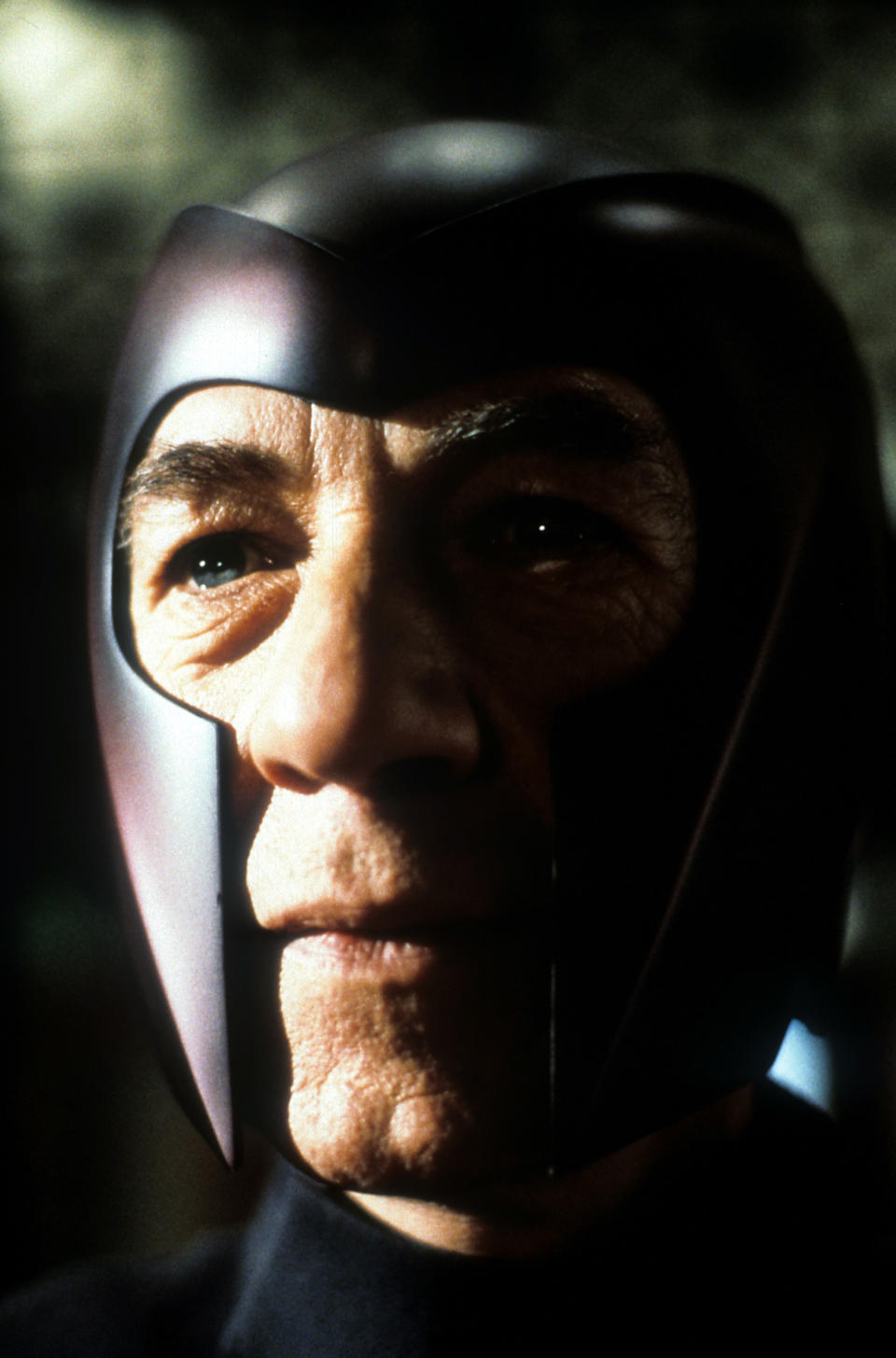
Tellingly, Fox earmarked a tight budget of $75m for the movie – admittedly a reasonably amount, but that came without a movie star salary as part of the package – and wouldn’t budge beyond that (Die Hard 2, by way of contrast, had cost the same amount a decade before).
Most tentpole pictures were at least $100m and change by this stage, but that level of expense was a non-starter for Fox. In fact, at one stage a treatment was put forward that would have knocked that price up to $80m. Fox said no. As Entertainment Weekly reported in 2000, this was a “cost-efficient blockbuster”. To keep it within those budget boundaries, characters such as Nightcrawler and Beast were scrubbed from the script (they’d get their moment in the limelight in X2).
Read more: Ryan Reynolds crashes X-Men reunion
It’s hard to overstate just what a leap into the unknown the studio was taking, though. Even building up to the film’s release – and it tapped into Comic Con and online communities to build support – there was little certainty as to how the film would perform. The film hadn’t even originally been intended for a summer release, with the studio tentatively programming it at the end of 2000. Yet when Steven Spielberg delayed his plans to make Minority Report for Fox, X-Men was brought forward to plug the gap in the schedule.
Response
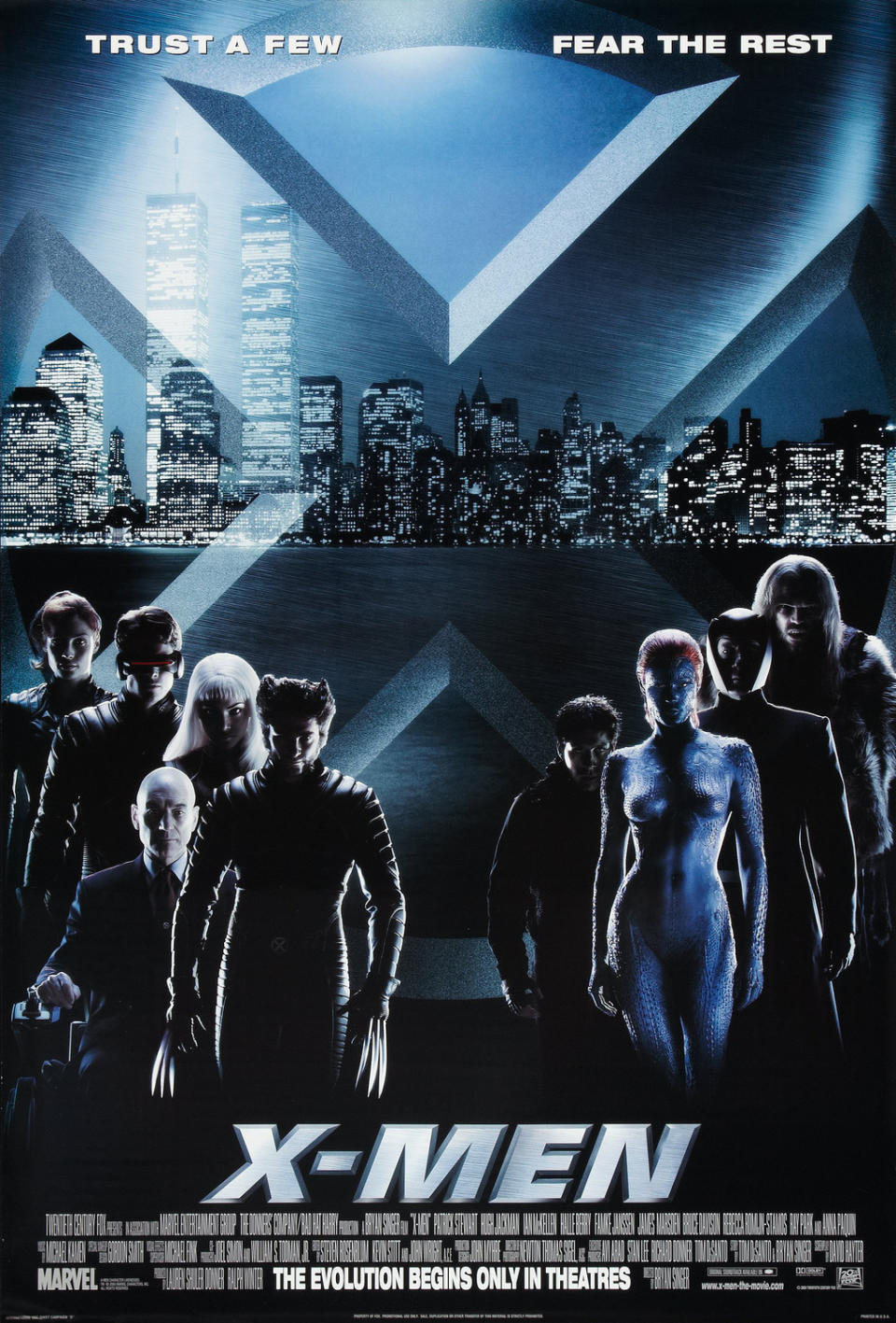
To a degree, Hollywood never really saw the success of X-Men coming. Granted, predictions were growing as its July bow approached in the US, but the $54.5 opening weekend in the States was the highest ever for a superhero film, the highest ever for a July release, and the sixth biggest opening weekend of all time.
The success of X-Men at the box office – nearly $300m worldwide, and with sequel clauses built in – saw it outgross far more expensive movie star-laden fare. It would start a run of films in the first half of the 2000s – X2, X-Men: The Last Stand, the Sam Raimi Spider-Man movies and Warner Bros’ Batman and Superman reboots.
It’d also be quietly pivotal in establishing Marvel’s ponderings that a cinematic universe might be worth a go…

 Yahoo Movies
Yahoo Movies 
